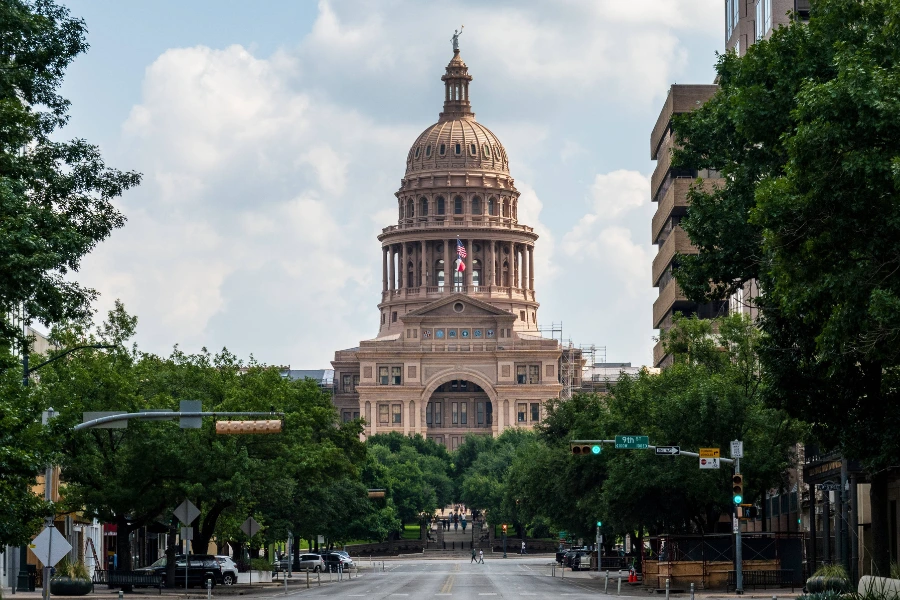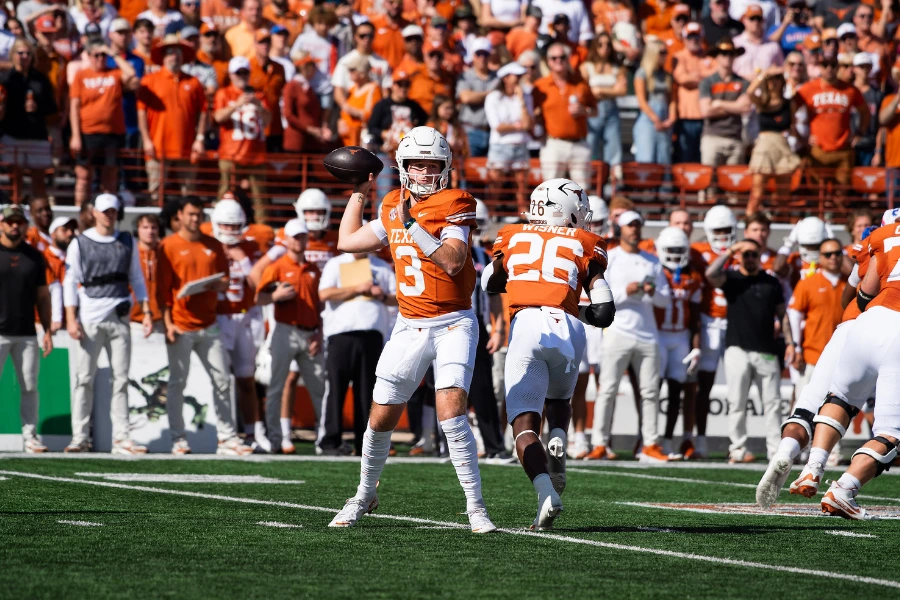Despite failing to pass legislation in 2023, industry advocates, sports franchises, and economic analysts believe that the 2025 legislative session could finally bring legal sports betting to Texas.
With an estimated $6 billion spent annually on unregulated sports betting and studies projecting up to $363 million in annual tax revenue, the financial argument for legalization is stronger than ever.
Momentum Builds, But Obstacles Remain
The primary hurdle remains Lieutenant Governor Dan Patrick, who has long resisted efforts to expand gambling in Texas. Patrick has dismissed the notion that voters are demanding sports betting, saying in November 2024,
“When we finished this last session, no one called and said, ‘Oh, you didn’t pass the casino bill.’ It’s not on anyone’s top 20 list.”
However, recent data suggests otherwise. GeoComply recorded more than 1.48 million attempts by Texans to access legal sportsbooks in November 2024, an 87% increase from the previous year.
Sports Betting Alliance spokesperson John Scott believes Patrick could be swayed if senators hear from their constituents, saying,
“He has always made clear that if there is a groundswell within the Senate that they want this, that he’s open to it.”
Big Business and Public Support Drive Change
Major stakeholders in Texas sports are pushing for legalization. The Texas Sports Betting Alliance (TSBA), which includes the Dallas Cowboys, Houston Astros, and Austin FC, has been vocal about the need for regulation.
Charlotte Jones, Cowboys co-owner, emphasized both the financial and consumer protection aspects of legalization, stating,
“By legalizing sports betting, we can protect our communities, enhance the fan experience, and ensure Texas isn’t losing out to other states or the black market.”
Political contributions also highlight the growing influence of pro-gambling interests. Miriam Adelson, the majority owner of the Dallas Mavericks and a key player in Las Vegas Sands, has been pushing for Texas to become a casino destination. Her Texas Sands PAC donated nearly $3.5 million to state politicians in 2024, including $200,000 to Patrick himself.
While Patrick remains a significant roadblock, House Speaker Dade Phelan has expressed optimism about a potential ballot measure.
“I think it’s that popular among voters,”
Phelan said, believing Texans would overwhelmingly approve sports betting if given the chance.
Governor Greg Abbott, who was previously against gambling expansion, has also softened his stance, suggesting he would consider a proposal that aligns with a
“very professional entertainment option.”
Despite growing pressure, legalization in 2025 remains uncertain. While Senator Carol Alvarado has already introduced a new bill, Patrick’s control over the Senate poses a significant challenge. UTSA political science chair Jon Taylor believes the lieutenant governor remains
“the key to all of this,”
adding that if Patrick remains opposed, legalization is
“a long shot at best.”
Still, Texas’ sports betting debate is far from over. As economic pressures mount and voters continue to show interest, the tide could finally turn in favor of legalization. Whether it happens in 2025 or in a future session, Texas appears destined to join the growing list of states embracing regulated sports betting.




